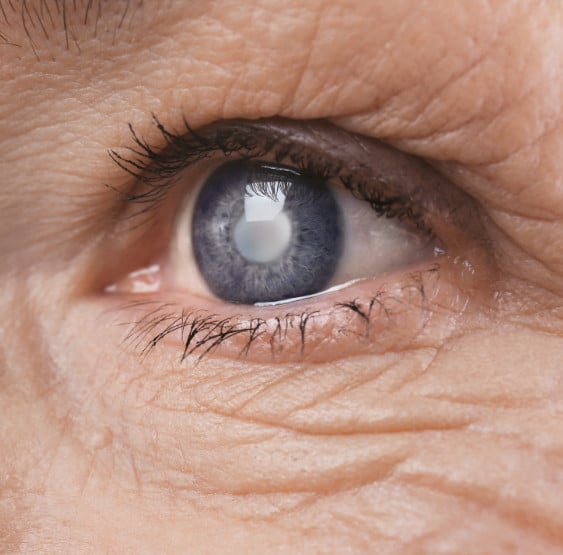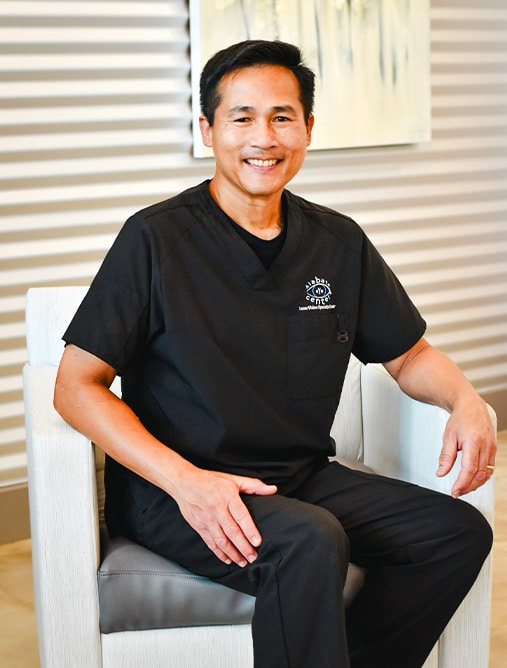Laser-Assisted vs Traditional Cataract Surgery
Is Laser-Assisted Cataract Surgery Right for You?
Are you planning to have cataract surgery? If so, you may have two surgical options:
- traditional cataract surgery
- laser-assisted cataract surgery
Traditional cataract surgery is one of the most common surgeries in the world. It is recognized as being safe and effective. Laser cataract surgery is not covered by most insurance plans and costs more than traditional cataract surgery. In specific situations, however, it may provide some advantages. So how do you decide which type of cataract surgery to have?
Here are some things you should understand about both kinds of cataract surgery. Talk with your ophthalmologist about which is best for you. Feel free to get another eye surgeon’s opinion as well.

Laser-Assisted Cataract Surgery vs Traditional Cataract Surgery
Schedule now by completing this form or calling us at (850) 331-3937 to discuss with Dr. Phil Alabata if you are a candidate for cataract surgery. A referral is not required.
